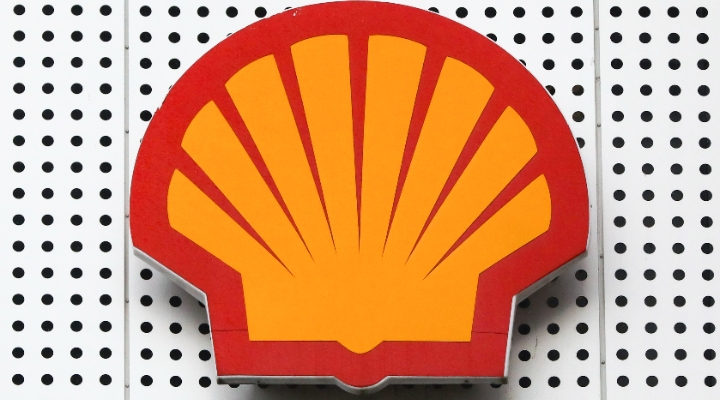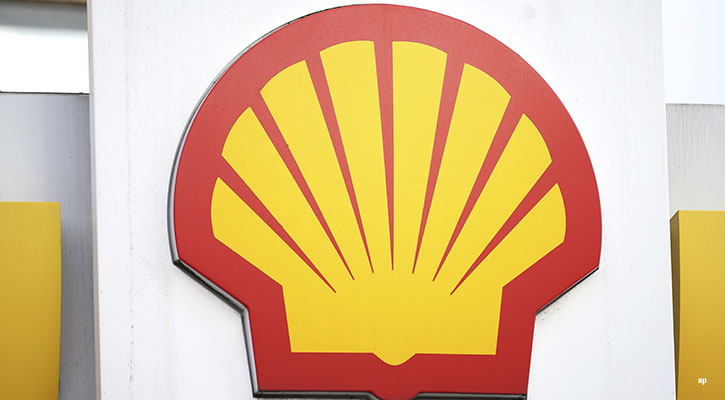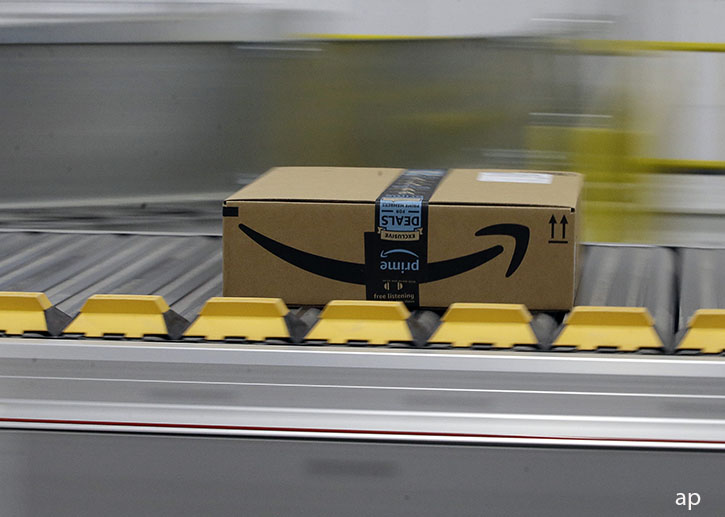
The debate over windfall taxes flares up every time oil supermajors report results – and this earnings season has been particularly inflammatory.
By the company’s own accounting measures, BP (BP.) and Shell (SHEL) reported "record" profits, which were sharply up on the previous tax year: BP revealed $28 billion (£23 billion) in profits and Shell $40 billion. These are huge sums of money but nothing unusual to the companies themselves.
Once you get over the moral outrage – oil and gas prices were boosted by war and Russia’s carbon exile – the conclusion could be that higher profits mean the taxpayer gets more.
I went in search of definitive data about how much BP and Shell have paid and will pay in windfall taxes. A lot of numbers are casually thrown around online – $100 million here, $1 billion there – but the issue is less clear than it should be. So let’s break it down.
What Are Windfall Taxes?
The UK government prefers the term "energy price levy" to avoid the term "windfall", which implies something unearned (lottery wins and inheritance are also described as windfalls).
After all, oil and gas companies are profit-making enterprises, whose fortunes rise and fall with commodity prices. Less than a year old, the current levy was brought in by then-chancellor Rishi Sunak, with the aim of raising £5 billion a year from a 25% tax on profits.
Such measures were designed to be temporary and to be phased out when profits reached "historically more normal levels". Current chancellor Jeremy Hunt hiked the rate to 35% for oil and gas companies and introduced a 40% levy on electricity generators in the November Autumn Statement, suggesting the issue wasn't going away.
He said these taxes should be "temporary, not deter investment and recognise the cyclical nature of energy businesses". The levy has also been extended to March 2028, so the government will effectively take a chunk out of BP and Shell’s profits for six years (from May 2022 to March 2028).
How Much Did the Oil Companies Pay?
In its annual results on 2 February, Shell said it will pay $134 million in 2022 and just over $500 million in 2023. BP, whose profits are lower than Shell’s, is expecting to pay $700 million in 2022. Future numbers depend on as-yet-unknown profits and at current levels will run into billions of dollars overall.
Why is the Tax So Low as a Percentage of Profits?
In Shell’s case, the UK is only a small part of its global revenues. While Shell is now UK domiciled, its profits are global, and taxes are levvied locally. The company has also been able to reduce its tax bill by investing in the North Sea. Labour shadow climate secretary Ed Miliband describes this as a massive loophole that should be closed.
Is This a UK Only Tax?
The European Union also has its own windfall tax regime, so Shell and BP have to pay these taxes too. Companies must pay a temporary minimum rate of 33%, depending on profit averages over four years. This "solidarity contribution" (as the EU itself puts it) has hit Shell for $500 million in 2022. That doesn’t help the UK Exchequer or taxpayer but it could be seen as a moral victory nonetheless. Morals aside, it means the oil majors' overall tax bill will be higher than the UK figures suggest.
Is This the Only Tax Burden?
Oil companies still have to pay corporation tax as well, which is higher than the standard 19% rate because of an extra levy. This is called the "Ring Fence Corporation Tax" and you can read more about it here. It applies to companies that explore and produce oil and gas in the UK and on the UK Continental Shelf. It’s called a "ring fence" because it stops taxable profits from oil and gas extraction being reduced or offset by losses from other activities. This extra levy is 10%, and came into effect in April 2002. It was 20% from 2002-2016.
So Taxing Oil Firms Extra is Nothing New?
A bumper period of earnings for oil companies tends to ignite controversy. It's been going on for a number of years. Shell made a record profit in Europe in 2007 of $27 billion, and the media began calculating how much profit these companies were making by the second.
As such, governments of all colours have had to face public ire over oil money. They may try to highlight oil firms as a useful source of revenue while paying lip service to the sector’s importance to UK PLC. But the North Sea’s glory days are gone – annual oil production peaked in 1999. It could still be part of a rancorous divorce between England and Scotland.
Why Does This Matter?
Petrol, diesel and natural gas prices are all part of the inflation "basket". So while companies made record profits last year, inflation also hit a record high – October 2022 saw CPI reach 11.1%, the highest since the series began in January 1997. The need to blame somebody for higher prices is natural - for policymakers, it's "external factors" (Russia), for some consumers it's "greedy companies".
Will the Issue Go Away?
It seems unlikely.
Oil supermajors had been expected to fade away into the sunset as the climate transition – and the US shale oil revolution – made them irrelevant. That looked the prevailing case in 2020 when a number of factors saw oil slump (not least a temporary demand shock in the form of lockdowns). Electric car adoption rates gave more cause for hope of a future withour fossil fuels. Now Oil Anxiety is with us again. BP’s chief executive said this week that the world needs low carbon energy, secure energy and affordable energy. But the company lowering its emissions reduction targets to 2030 are a sign that realpolitik is now the norm: Europe is rebuilding its entire energy complex after the Russian invasion of Ukraine, a project that is logically still work in progress.
At lot depends on oil prices: crude spiked above $100 in 2022 but has since fallen back. Energy-intensive China is now re-opening its economy, boosting overall demand again. Transport and travel patterns are starting to resemble their pre-Covid levels, meaning there's a "floor" on prices.
What Other Factors Could Make an Impact?
North Sea oil and gas revenue is a live issue in the Scottish independence debate; Westminster and Holyrood barely agree on any issues, so deciding how money is divvied up from windfall taxes is likely to be an absolute nightmare. For an insight into how oil revenues and politics collide, you could watch Netflix Scandi drama Borgen. A (fictional) massive oil deposit is discovered in Greenland and locals there say – “great, we can now afford to declare independence” from Denmark. Politicians in Copenhagen have other ideas and want a part of the windfall. China, Russia and the US get involved, and the result is messy and complicated.
Sticking with Westminster, you may notice that Labour politicians have been clamouring the most for higher windfall taxes. The party is predicted by polls to win the General Election, but by that time the “record” profits may have turned into something more ordinary. Voters will still expect a new government to follow through on pledges it has made out of office.




























